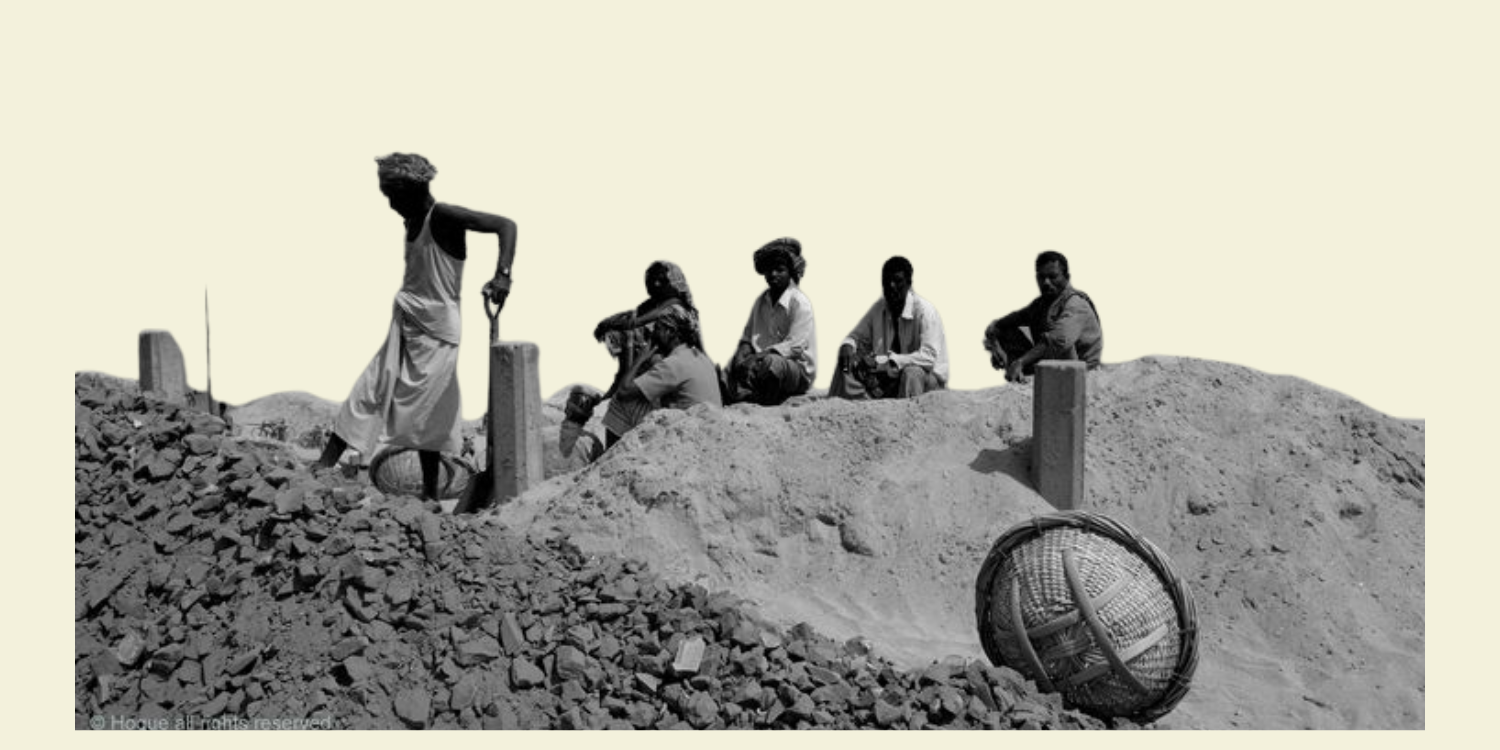ABSTRACT
Crop stubble burning in Northern India, though a common practice among farmers across the country, has made headlines in recent years owing to its association with Delhi’s winter pollution levels. Notwithstanding the media and political narratives on the issue, currently available data shows that stubble burning is not a major contributor to Delhi’s foul air, being only an episodic factor that coincides with the onset of winters. The practice of stubble burning itself is a symptom of poorly conceived agricultural and environmental policies, particularly in the states of Punjab and Haryana, that necessitate a reappraisal. This paper attempts to delink the increasingly hyphenated issues of Delhi’s Air Pollution and Stubble Burning in Punjab and Haryana. It delves further into the policy issues behind the entrenchment of stubble burning as a way of dealing with agricultural waste. Finally, the paper provides a brief analysis of government responses to discourage farmers from burning crop stubble and ends with possible near-term measures that could be taken up.





